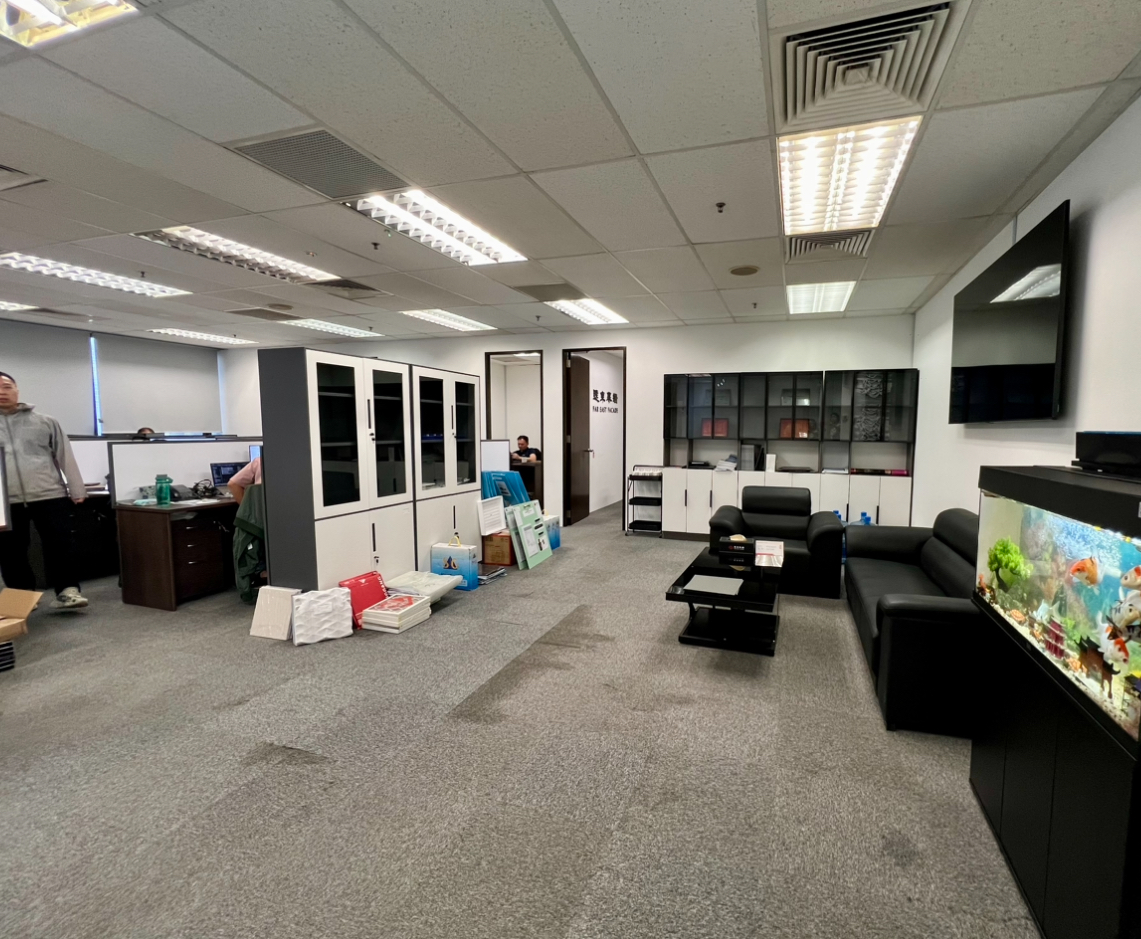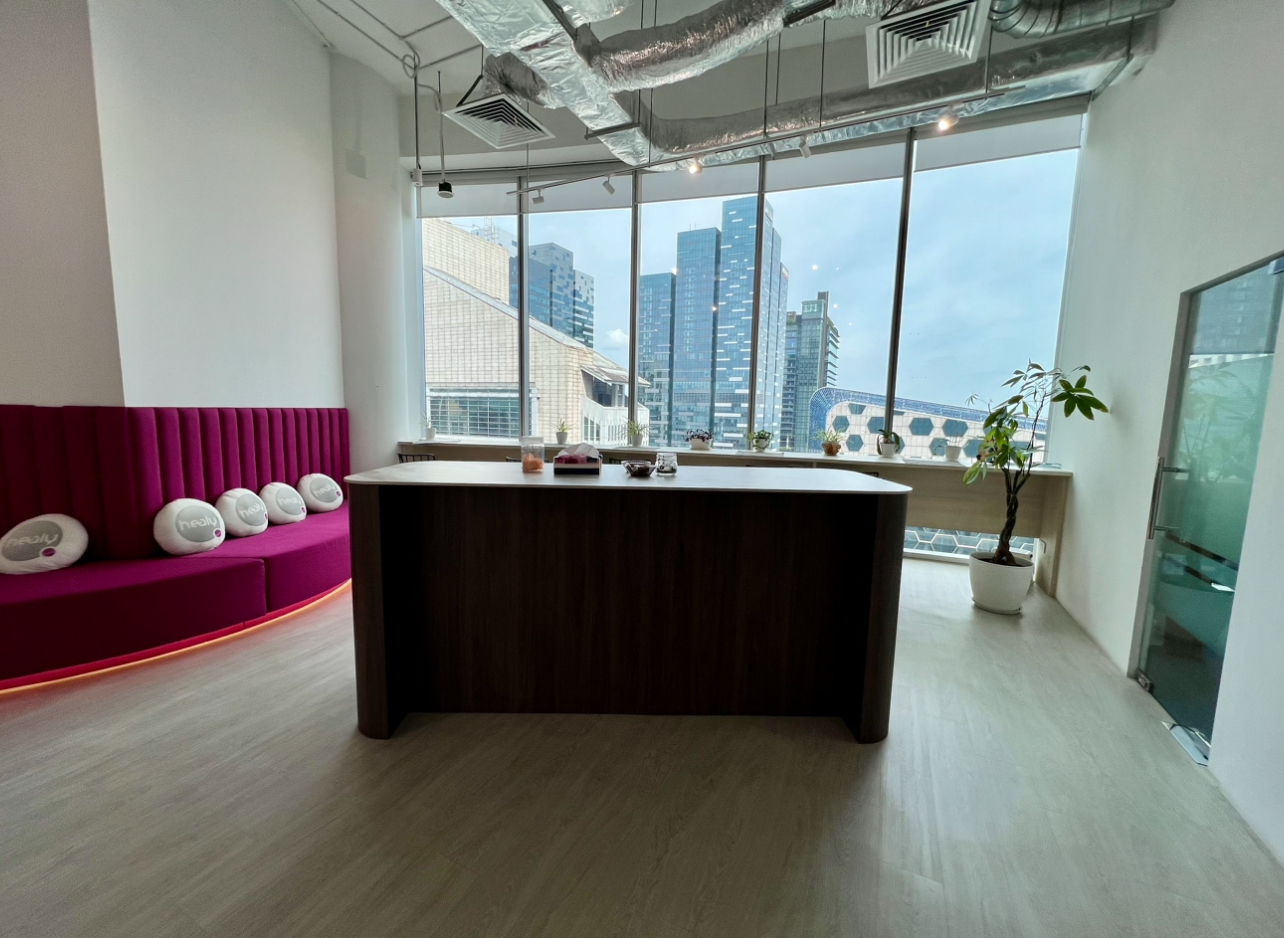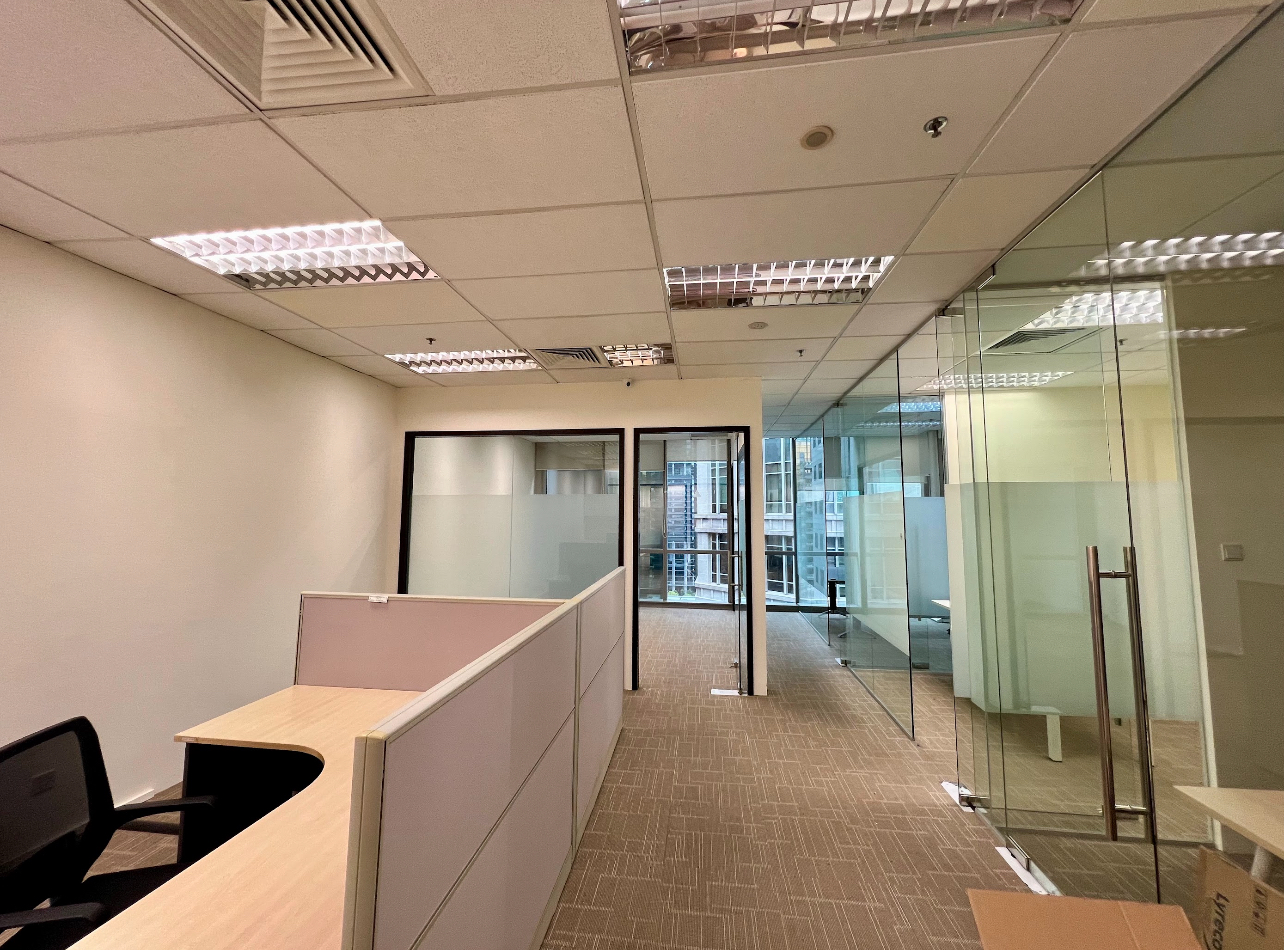Are you a business owner or office manager who finds commercial office leasing complex and daunting? Are you facing difficulties in signing the lease agreement or managing unforeseen challenges and expenses? Do you sometimes feel like your work has been torn apart after helping your company look for an office? If this resonates with you, let’s dive in and explore it together.
Securing and maintaining office spaces demands careful consideration and meticulous planning. In this dynamic landscape, various critical factors come into play, each with the potential to significantly impact financial budgets, operational efficiency, and overall business success.
This exploration delves into the crucial aspects of commercial office leasing, shedding light on essential insurance requirements, potential penalties for premature lease termination, and the impact of unforeseen expenses. It also uncovers the potential challenges presented by building renovations and refurbishments, which can affect the office environment and create disruptions for tenants. By delving into these intricacies, we aim to equip businesses and office managers with valuable insights to make informed decisions, protect their interests, and navigate the ever-evolving terrain of commercial office leasing with confidence.
So, we are about to discuss instances where previous tenants experienced unexpected cost increases and financial challenges during their lease.
Hidden Costs of Office Renovations: Unforeseen Expenses for Tenants
Firstly, let’s talk about renovations to an existing fitted office. Sometimes, incoming tenants might want to make some minor improvements to save money, but they are not aware of what the building management requires. They might submit their renovation plans without obtaining the necessary approvals from the relevant authorities. The building management may not grant them approval for the renovation, or they might ask the incoming tenant to seek additional approvals from professional bodies, such as the Licensed Electrical Worker (LEW) or the PE (Professional Engineer). Building management has strict guidelines for tenants taking over the current fitted office. They might demand the incoming tenant to redraw and submit the plan based on the current fitted condition. These approval processes can incur significant costs, sometimes amounting to a few thousand dollars. Additionally, there might be situations where the outgoing tenant had done their office renovations without proper approval from the building management or owners. When this happens, the incoming tenant will have to obtain the relevant authority’s approval to ensure the premises are safe and comply with regulations. Without such approval, the Fire Safety Officer might conduct spot checks and discover non-compliance issues, potentially leading to fines or even the insurance not covering certain incidents. This could be disastrous for tenants as insurance is meant to provide a safety net during unforeseen circumstances. Unfortunately, when they need it the most, they might not be able to claim it due to non-compliance with regulations set by the fire city or building management.
For instance, let’s say an incoming tenant has just leased a shophouse office that was renovated by the previous tenant. During the inspection, they found out that the attic was not approved. In such scenarios, the incoming tenant will have to seek approval from the relevant authority to ensure that the premises are safe and comply with regulations.
Without this approval, when Fire Safety Officers conduct spot checks, and if they find any non-compliance issues, the tenant could face fines. Moreover, if an incident occurs and the insurance claim is affected, it can be disastrous. Insurance is meant to be a safety net during unforeseen circumstances, but if something happens that doesn’t align with fire city regulations or building management rules, the insurance might not cover the damages.
These are some unfortunate incidents where tenants might not be aware of these issues when they move in. It’s essential to take the necessary steps to ensure compliance and avoid potential financial and legal problems.
Demystifying Rent Adjustments: What Office Tenants Need to Know about Service Charges and Property Tax
Are there any clauses in the lease that could lead to sudden rent increases during the lease? How can we plan for them and manage our cash flow accordingly to cover potential costs?
Typically, when a lease is signed for a term of 24 months or 36 months (two or three years), the rental rate will be locked for this entire period. It remains a fixed rental, and there won’t be any changes during this time. However, changes can occur during this period for 2 types of charges. They are the service charges and property tax increases.
Service charges usually will not change unless there’s a significant reason, such as a substantial increase in electricity costs, affecting the entire building. In such cases, the building management may revise the service charges for all tenants within their portfolio.
Property tax is a tax levied on the ownership of properties in Singapore, including commercial office spaces. The tax amount is calculated based on the annual value of the property, which is assessed by the tax authority (Inland Revenue Authority of Singapore – IRAS). Office tenants indirectly bear the property tax as it is typically included in their rental expenses. When there is an increase in the property tax rate or a reassessment of the property’s annual value, office tenants may face higher rental costs. The landlord might pass on the increased tax burden to tenants by adjusting the rental rates to cover the higher property tax. To manage the impact of these tax increases, office tenants should closely monitor any government announcements regarding tax rate changes and budget accordingly. Negotiating lease terms and rental agreements with landlords can also provide some flexibility in handling potential tax-related cost adjustments. Staying informed and proactive in financial planning can help office tenants navigate the potential impact of the relevant tax increases in Singapore.
Understanding Insurance Obligations in Office Leases
In Singapore, office tenants typically need to meet certain insurance requirements as part of their office lease agreements. These insurance policies are intended to protect both the tenant and the landlord from potential risks and liabilities. While specific requirements may vary depending on the lease terms and the building management’s policies, some common insurance types include:
1. Public Liability Insurance: This insurance covers the tenant against third-party bodily injury or property damage that may occur within the leased premises. It is essential for safeguarding against legal claims and financial losses resulting from accidents or incidents involving visitors, clients, or other individuals on the property.
2. Fire Insurance: Fire insurance provides coverage for damage or loss caused by fire-related incidents to the tenant’s office contents, furniture, equipment, and fixtures. It also covers the landlord’s building structure, ensuring that both parties are protected in case of fire-related emergencies.
3. Contents Insurance: Contents insurance protects the tenant’s belongings, including office equipment, furniture, and inventory, from various risks such as theft, vandalism, and natural disasters.
4. Work Injury Compensation Insurance: This insurance is mandatory in Singapore for businesses that employ employees. It provides coverage for employees in case of work-related injuries or illnesses, ensuring that the employer is financially protected in such situations.
5. Professional Indemnity Insurance (if applicable): Some office leases may require tenants in certain professions, such as law or finance, to obtain professional indemnity insurance. This policy protects the tenant against claims arising from errors, omissions, or professional negligence in the course of their work.
Office tenants should carefully review their lease agreements to understand the specific insurance requirements set forth by the landlord or building management. Compliance with these insurance obligations is crucial to ensure a smooth leasing process and avoid potential legal and financial consequences in the event of unforeseen incidents. Engaging with an insurance broker or agent can help tenants navigate the insurance landscape and secure appropriate coverage tailored to their specific needs.
Navigating Premature Lease Termination: Costs and Considerations for Office Tenants
Typically, office tenancy agreements in Singapore do not include pre-termination clauses, meaning that landlords generally do not permit tenants to terminate the lease prematurely. If a tenant wishes to end the lease before its intended duration, several costs and penalties come into play. These may involve legal fees for document changes, payment for the remaining rental period, agent fees, and any additional legal expenses.
To safeguard against unforeseen circumstances that might necessitate termination, tenants should meticulously review and understand the lease terms before signing. While pre-termination might not be allowed, it is crucial to assess the lease duration and consider factors such as potential changes in business direction or the risk of sudden closures.
Office Lease Nightmares: Preparing for Building Redevelopment Surprises
Office tenants should also remain vigilant about upcoming building renovations or upgrades that may significantly impact their operations and lead to unforeseen costs. Older buildings, particularly in the central business districts, often undergo renovations to enhance their attractiveness and competitiveness compared to neighboring structures.
A concerning scenario is when a tenant invests over $300,000 in renovating a space, only to be asked to vacate the premises less than a year later due to the landlord’s intention to redevelop the building. Such a situation could become a true nightmare for the tenant.
To mitigate risks, tenants must stay informed about potential changes in the building’s plans and future developments. Awareness of upcoming renovations or redevelopment projects can empower tenants to make informed decisions and plan their budgets accordingly. By proactively monitoring building management communications and engaging in discussions with the landlord, tenants can better navigate the uncertainties surrounding office space and minimize the impact of unexpected changes on their business operations and financial stability.
Conclusion
In conclusion, commercial office leasing demands careful attention to insurance requirements, penalties, and unforeseen expenses. Being well-informed protects interests and budgets. Building renovations can disrupt the office environment, requiring proactive planning.
Understanding lease obligations fosters productive workspaces. Flexibility and foresight are vital in this dynamic domain, allowing businesses to thrive amidst change. By navigating commercial office leasing strategically, organizations secure suitable spaces and unlock growth opportunities.













